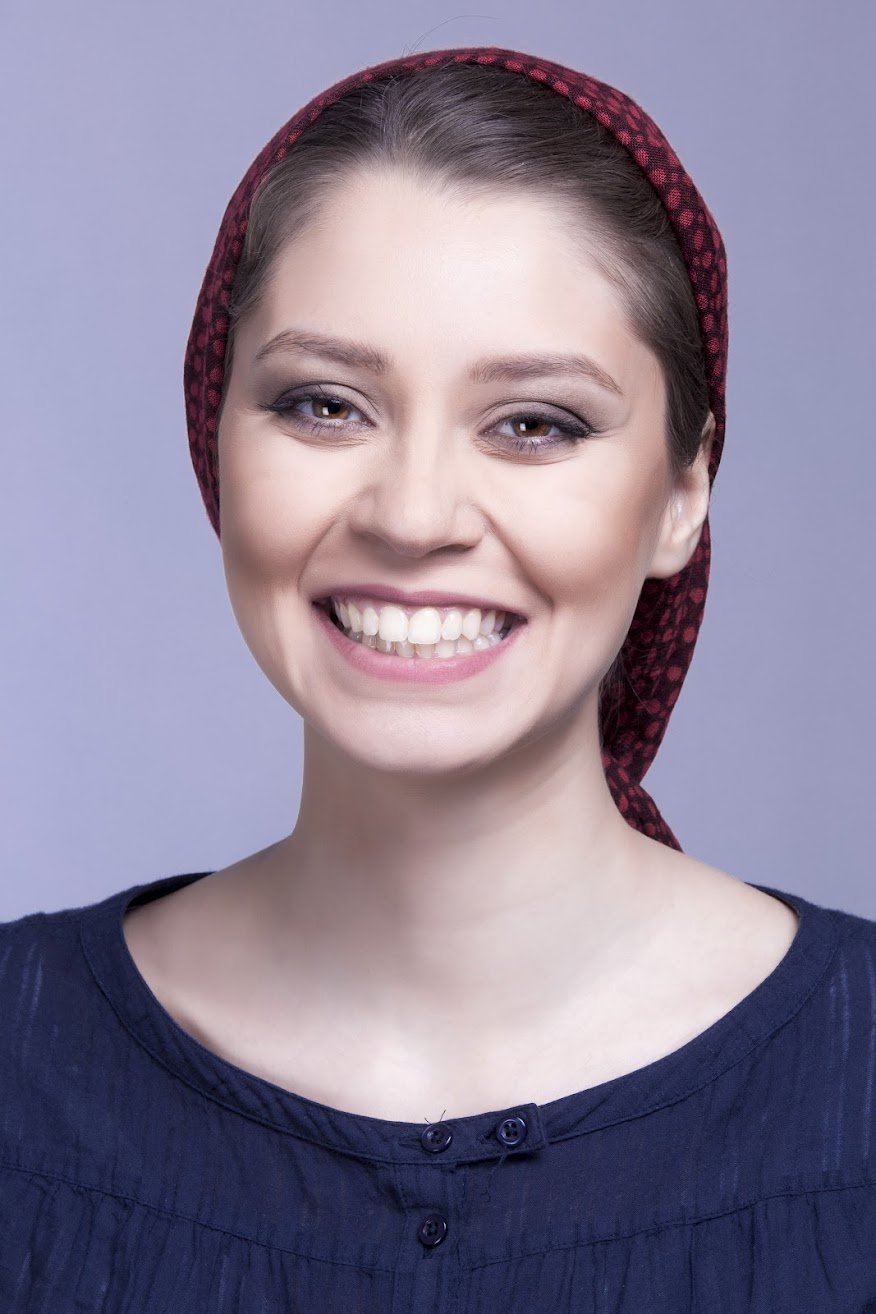It Turns Blue
Summary
Morteza beats up his 3-year-old daughter in one of her weekly visits. Then he asks his older sister, Pari, to help him handle the situation. Pari cares for the child’s wounds and then tries to manipulate the child’s mind so she remembers the whole incident as a simple game with her father.
-
Shadi Karamroudi (b. 1990) is an Iranian actress, director, and screenwriter. She learned the basics of filmmaking and acting at Karnameh Film School in Tehran- Iran and graduated with a master’s degree in Dramatic Literature from Soore University, Tehran-Iran in 2020. She has played in 6 feature films, 6 short films, and 2 theaters as an actress and has participated in the making of 4 other short films as director, producer, or screenwriter.
Her last short film, ALL THE TIME (2020) premiered at the Busan International Film Festival in 2020 and also has been selected for Fribourg International Film Festival, Flickers’ Rhode Island International Film Festival, and Sao Paulo International Short Film Festival in 2021. She has also won the best script prize from Tehran International Film Festival 2021.
-
Once when I was 7 years old, one of my teachers hit me at school. During that day, my school principal tried her best to prevent my skin of becoming blue so my parents wouldn’t notice the incident. I remember sitting in the principal’s office for almost 4 hours and holding a pack of ice on my face while she was treating me the nicest way possible. As my face was becoming numb, I remember I was thinking about a lie to tell my parents because I enjoyed my time with the principal and didn’t want to break her heart by telling my parents the truth. This memory is the inspiration for my film.
These days, violence against women and children is rather a hot topic around the world. In every violence case, there is a perpetrator of violence who causes the physical or emotional injuries and often is the one who is blamed more for the incident, but there is also another role who leads the reproduction of the violence and helps the vicious cycle to continue: The one who conceals the violence.
In Iran, as a patriarchal country, tradition and religion often crosses over and empower each other to encourage the society to hide and cover up the violence against the weaker ones who are mostly women and children and it happens in the name of society’s benefits; Mothers encourage their daughters to be silent against their husband’s misbehaviors and children are usually told that violence from their parents is part of their unconditional love and care for their futures.
As a filmmaker who tries to see her society, I often think of the concealers as dangerous as the perpetrators themselves; as perpetrators are usually known as the main factor of the violence and face the disapproval of people around, but concealers are hidden under the mask of a friend: a wolf in sheep’s clothing and even though most of them are women who have been the subjects of misbehavior and violence at one point in their lives themselves, It doesn’t legitimize their actions and diminish their dangerous impact on empowering the cycle of violence. Therefore I decided to focus on this issue in my current project and tried to narrate my story through the one who covers up the violence.

